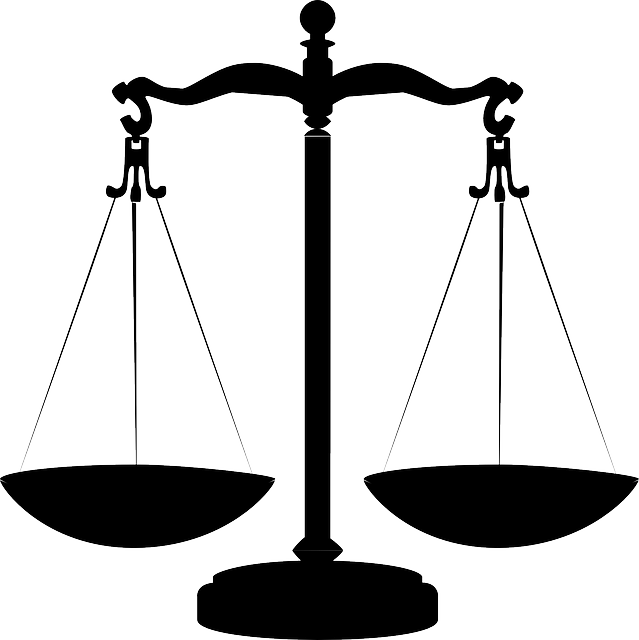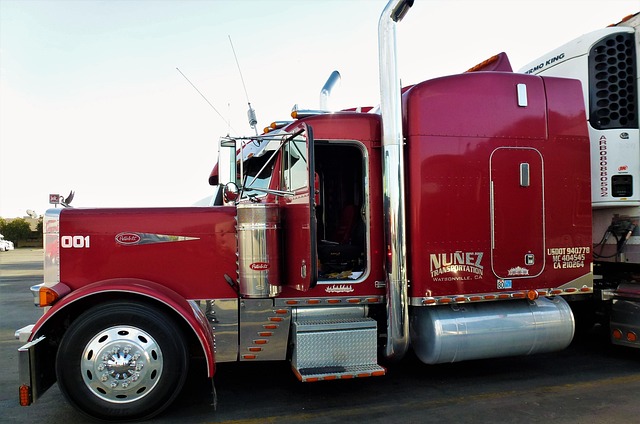Police reports are vital for establishing car accident fault, offering detailed accounts through evidence, witness statements, and officer assessments. They aid in investigations, particularly in complex cases like wrongful death or nursing home neglect, by providing critical data that can determine liability and impact legal outcomes related to car accident fault.
Police reports play a pivotal role in determining fault during car accidents. These detailed records serve as crucial evidence, capturing essential information about the incident, including vehicle damage, witness statements, and officer assessments. By meticulously analyzing police reports, insurance companies and legal professionals can reconstruct the sequence of events, assess liability, and ensure just outcomes for all parties involved. Understanding how these reports are compiled and analyzed offers valuable insights into the intricate process of fault determination in car accidents.
- Understanding Police Reports: Their Key Role
- Collecting Evidence: What Happens at the Scene
- Analyzing Data: Determining Car Accident Fault
Understanding Police Reports: Their Key Role

Police reports play a pivotal role in determining fault following a car accident. These detailed documents capture crucial information about the incident, including the circumstances leading up to the collision, statements from witnesses and involved parties, and physical evidence gathered at the scene. By analyzing these reports, investigators and legal professionals can piece together a clear narrative of what transpired, which is essential for assigning liability in cases of car accident fault.
Understanding the nuances within police reports is particularly important when navigating complex scenarios, such as wrongful death claims or nursing home neglect cases. An auto accident attorney or nursing home neglect lawyer relies on these comprehensive records to construct a solid legal strategy. They scrutinize the report’s accuracy and completeness, identifying potential discrepancies or omissions that could impact the outcome of the case. This meticulous process ensures that justice is served and that those harmed receive the compensation they deserve.
Collecting Evidence: What Happens at the Scene

When a car accident occurs, the initial step in fault determination is the meticulous collection of evidence at the scene. Trained officers play a pivotal role here, documenting every detail with precision. They photograph damage to vehicles, record the location and angle of skid marks, and take measurements to establish the exact trajectory of each vehicle involved. Additionally, they gather personal accounts from witnesses and victims, which can provide crucial insights into the sequence of events leading up to the accident. This comprehensive approach ensures that every aspect of the incident is examined, setting a solid foundation for subsequent investigations.
Police reports emerging from these initial responses serve as vital records, capturing not only the physical evidence but also witness statements and the officer’s assessment of fault. These detailed accounts are instrumental in reconstructing the car accident and determining liability, especially in cases where the fault is not immediately apparent. Moreover, while unrelated to car accidents per se, understanding the role of police reports in evidence collection sheds light on how a similar systematic approach can be beneficial in other domains, such as caregiver abuse investigations or even in complex employment disputes, where accurate documentation is paramount for reaching just conclusions.
Analyzing Data: Determining Car Accident Fault

When it comes to determining car accident fault, police reports play a pivotal role in analyzing data. These detailed records serve as a goldmine of information, capturing crucial aspects such as vehicle damage, witness statements, and response times from emergency services. By meticulously examining these reports, investigators can piece together the sequence of events that led up to the accident, offering insights into who was at fault. This process involves comparing accounts, assessing physical evidence, and applying traffic laws to arrive at a definitive conclusion.
Furthermore, police reports are instrumental in mitigating potential complications like wrongful death claims or caregiver abuse allegations. The accuracy and promptness of the report can significantly influence the outcome of subsequent legal proceedings related to accident claims. Ensuring these reports are comprehensive and unbiased is essential for fairness and justice, especially in cases where severe injuries or even fatalities occur.
Police reports are indispensable tools in determining car accident fault, serving as a comprehensive record of incident details. By meticulously documenting evidence collected at the scene, these reports facilitate accurate data analysis crucial for identifying liability. Through a structured approach, police reports aid in navigating complex scenarios, ensuring a fair assessment and just resolution of car accident disputes.






